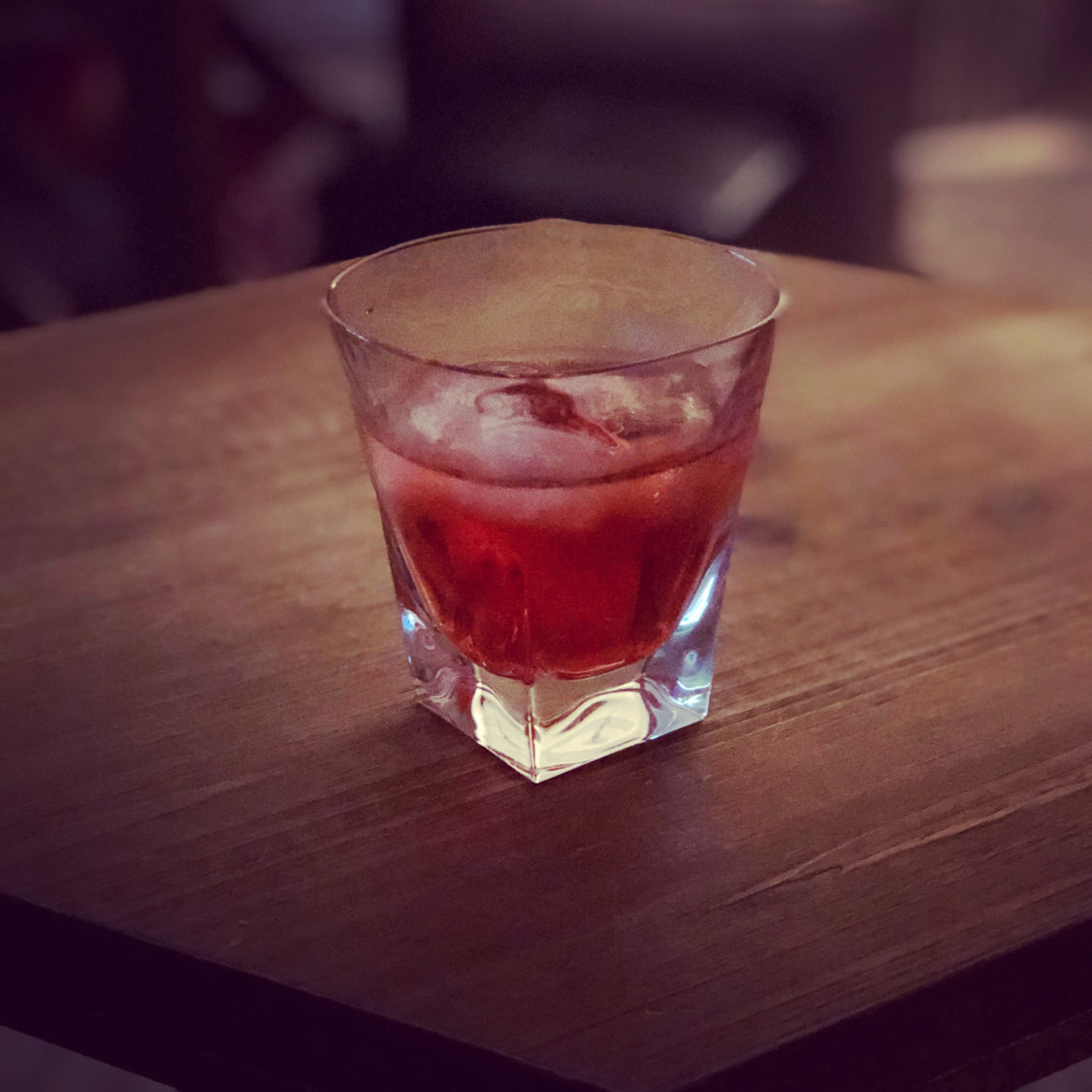When many of us think about ways to improve digestive health, alcohol is not the first thing that comes to mind. In fact, too much booze can wreak havoc on the digestive tract and upset the delicate balance of good bacteria in the mouth and intestines, and even contribute to intestinal permeability, also known as leaky gut. But certain types of alcoholic beverages, drank in moderation, may actually improve microbial diversity and the digestive process.
A study in the medical journal Gastroenterology in 2019 showed concluded that people who drank red wine in moderation had a higher number of different types of strains of good bacteria in their intestinal tracts vs. those who did not drink red wine at all. Interestingly, the red wine drinkers also had lower rates of obesity. The authors of the study attribute the beneficial effects to a category of compounds found in wine called polyphenols. Polyphenols have many effects in the body, including binding the bitter taste receptors, which I have written about extensively in my book, The Bitter Prescription. Activation of bitter receptors can impact digestive function, and also have broad reaching effects on other organ systems including thyroid health and heart health.
Another category of alcoholic beverages that may help improve gut health are called ‘bitters’. Alcoholic bitters have a long history of use to help with the digestive process. These beverages are an alcoholic preparation infused with botanical ingredients to intentionally impart a bitter flavor to drinks. Often found as an ingredient on cocktail menus, these are essentially neutral spirits that have been infused with aromatics such as spices, tree bark, roots, seeds and fruits.
Alcoholic bitters were very popular in the 1800s and were often served by aristocrats, as an apértif, added to pre-dinner cocktails, or as a ‘digestif’, served after dinner to improve digestion. The wide array of bitter compounds found in these products can also activate bitter taste receptors, and thereby have digestive and health promoting effects.
Alcoholic bitters have remained popular in Europe. In fact, on a recent family trip to Spain, we visited Monserrat, a historic monastery built in 1025, where I had the opportunity to taste an alcoholic bitters blend made by monks who collected the herbs in the surrounding mountains, to infuse into the beverage. Locals touted regular consumption of this bitter beverage as a way to keep them feeling younger.
Alcoholic bitters are making a splash in the United States, gaining traction in recent years among the craft cocktail community. A favorite alcoholic bitter of mine is Campari which is an Italian apértif that can be used to make a variety of cocktails, such as negronis, and is often mixed with prosecco as a summer refresher in Italy.
The next time you go out for drinks with friends, scan the cocktail menu to look for bitter drinks like the classic negroni. Some other common examples of bitter spirits include:
- Angostura
- Aperol
- Campari
- Herbal infused spirits like craft-gin
Check out some of my cocktail recipes that include bitter ingredients here.
In my practice, I do not recommend daily drinking for generally healthy people. Instead, and only if desired, occasional moderate alcohol consumption for those who have no contraindications may confer some health benefits.
There are quite a few conditions for which alcohol intake is ill advised (this is not a complete list) including people on certain medications, those with liver disease, some types of heart disease, diabetes, personal (or family) history of certain cancers and mood disorders, pregnancy and nursing mothers. Across the board, heavy drinkers (defined as 8 or more drinks per week for women) have higher risks of mortality and many diseases including high blood pressure, heart failure, stroke and liver disease. Of course, if you have dealt with alcohol abuse or avoid alcohol because of family history of alcohol abuse, I would not encourage you to start drinking. There are many other sources of bitter bioactives throughout the plant kingdom that can provide benefit without needing to include alcohol as part of your lifestyle.

